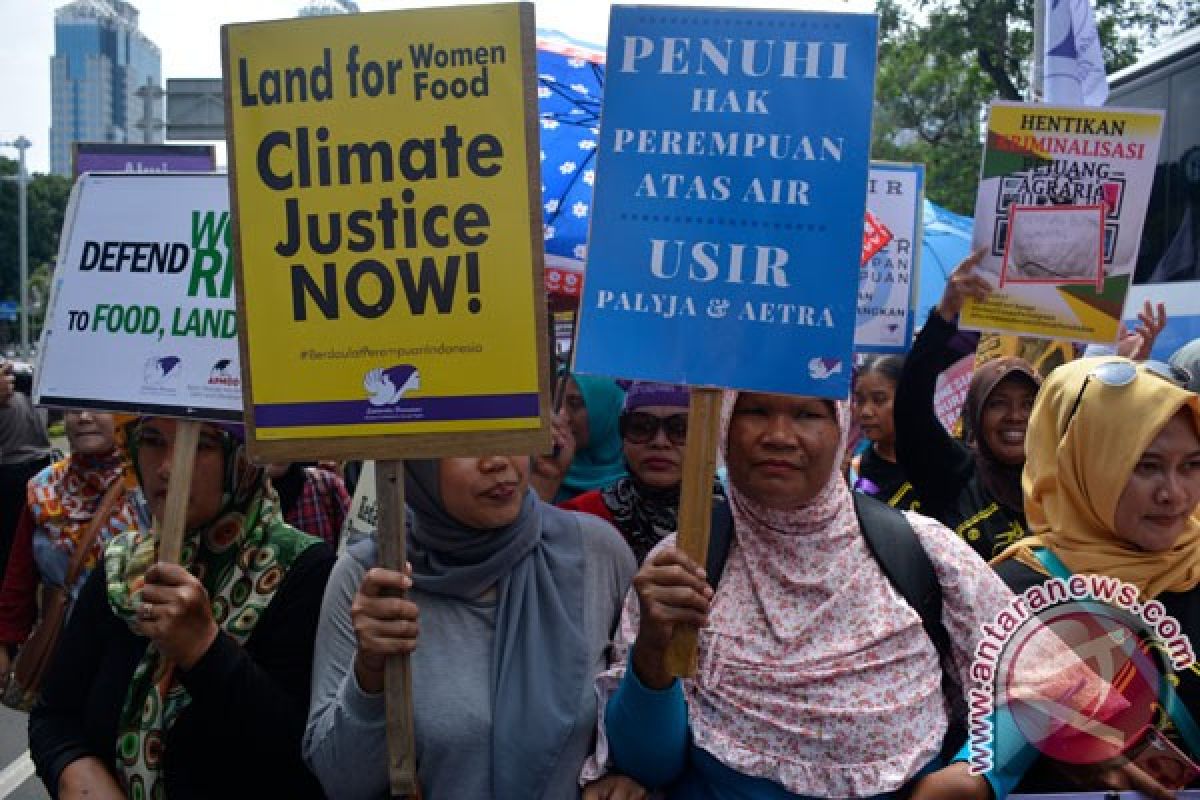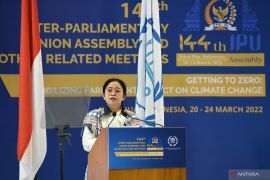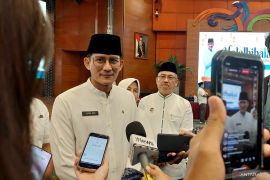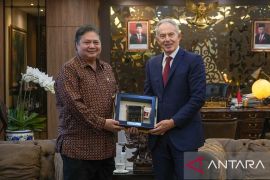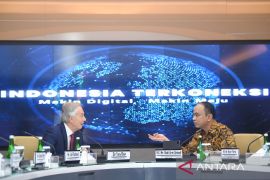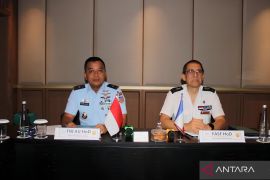One effort to reduce violence against children and women is the presence of the Ministry of Women Empowerment and Child Protection whose duty and function is to organize affairs in the field of women`s empowerment and child protection to assist the president in organizing state government.
In addition, the participation of all parties and stakeholders is also needed in the effort to protect the children and women in order to prevent and reduce violence against them.
Women Empowerment and Child Protection Minister Yohana Yembise has stated that the rate of violence against women alone was 33.4 percent, or one in three women in Indonesia experienced physical, psychological, or sexual violence.
Violence against children in Indonesia is also quite high so Minister Yembise supported maximum sentences for perpetrators such as life imprisonment, punishment in the form of castration injections, penalties in the form of installing "chips" on their body, as well as the announcement of their identity.
While speaking at the reunion of Senior Women of Indonesian Christian Student Movement at the Satya Wacana University campus in Salatiga, Central Java, on Friday, Minister Yembise invited academics to play an active role in providing protection for women and children because they are vulnerable to violence.
Hence, the minister expressed hope that the academics, including ex-administrators of the Indonesian Christian Student Movement, can be involved in the development of women`s empowerment and child protection to break the chain of violence against women and children.
On the occasion, Minister Yembise explained the importance of helping the community and saving families who are vulnerable to various acts of violence.
For each individual, the family is the smallest unit of society that plays a role in maintaining family integrity, based on gender partnerships.
According to her, poor family defense such as divorce and domestic violence will adversely affect the child`s growth and development process.
In light of this, the women empowerment and child protection minister invited the university students to develop the idea of "One Student Saves One Family" because as intellectual persons, they can play an active role in helping to find access to solving problems faced by families.
Related to protection of children and women from all forms of violence, Yembise has affirmed Indonesia`s commitment to become one of the countries that will strive to create a child-friendly world.
The minister has stated that Indonesia will continue to protect children from all forms of violence, including by implementing the Convention on the Rights of the Child through the Child Friendly District and City Program (CFC).
Furthermore, children could also be protected by developing the National Strategy for the Elimination of Violence Against Children and taking preventive steps through the National Children`s Forum in 34 provinces in Indonesia and over 88 percent of the total districts across the country.
She also revealed that Indonesia`s efforts in combating child abuse, was done through the provision of services for victims of violence by establishing an Integrated Service Center for the Protection of Women and Children (P2TP2A) in all provinces and 238 districts and cities in country.
In addition, the Ministry is also committed to eliminating child labor in community institutions, employers` organizations, trade unions and the private sector, both at national and local levels.
In 2016, the Ministry of Women Empowerment and Child Protection launched a "Three Ends" program aimed at stopping violence against women and children, stopping human trafficking, and stopping economic disparities against women.
Hence, the gender equality strategy and women empowerment will continue to be maximized through various programs in Indonesia.
Even the World Health Organization (WHO) support the women empowerment as an important effort to improve public health that affects human development of each country.
The WHO of Southeast Asia emphasized that inequality has eliminated human rights, impeded social economic stability, and destroyed the hopes and ideals of millions of women of all ages.
Inequality also affects the health and well being of women. Early pregnancy that still occur in various countries in Southeast Asia, for example, directly threaten the health of young women and children, especially in rural areas.
In the 11 WHO member states of Southeast Asia, about six million girls between the ages of 15 and 19 bear child annually.
It is also recorded that in four countries in Southeast Asia, the birth rate of 50 per 1000 population occurs in young women aged 15 to 20 years.
According to the WHO, girls face a health hazard that can actually be avoided by social empowerment and the application of laws that prohibit early marriage.
WHO stated that gender inequality also impedes access to basic health services, and the obstacles cause undesirable consequences such as the birth process that many do at home without the help of skilled health workers.
Some of the causes of this phenomenon are poor women`s access to knowledge accompanied by helplessness in making a decisions, and the lack of service availability.
Edited by Yoseph Haryadi
Reporter: Otniel Tamindael
Editor: Heru Purwanto
Copyright © ANTARA 2018
